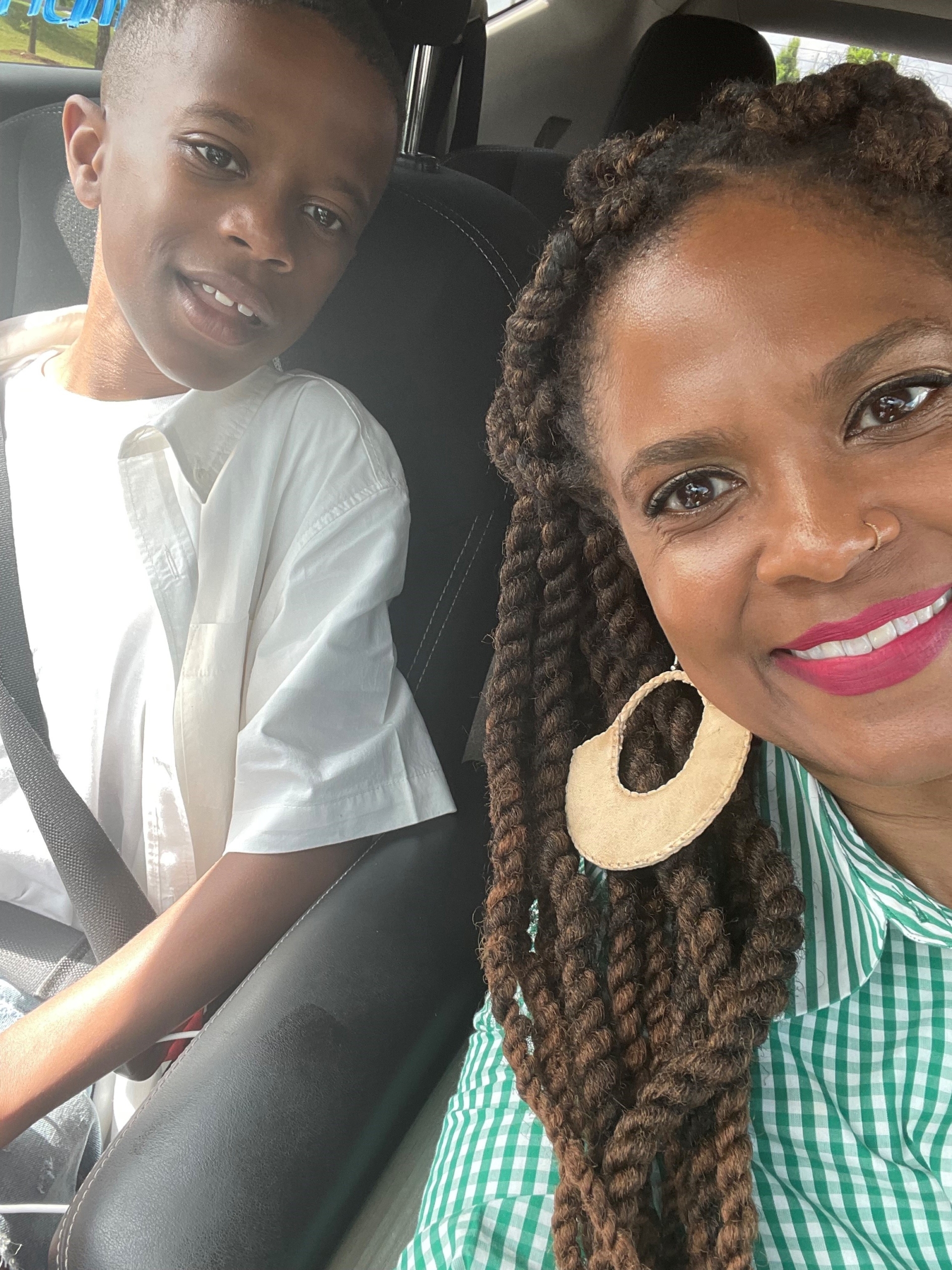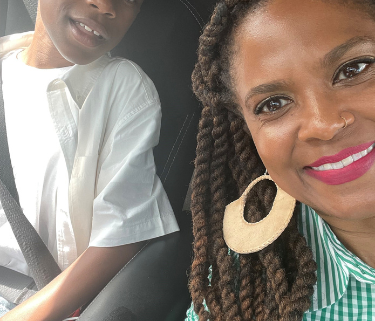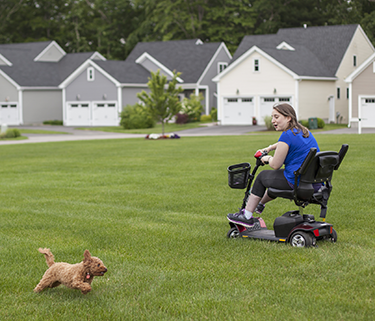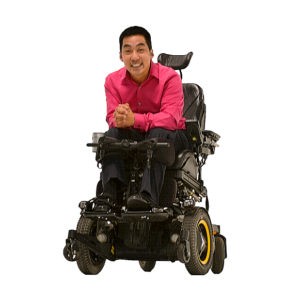Everyone’s Uniqueness Should Shine
“I would love to see the day where everybody can stand on the mountain top and say ‘this is who I am and I am proud of it.’” – Shannon Mattox, State Director of The Arc Georgia
Limbric Mattox is brilliantly unique.
That’s how his mother proudly describes him.
“He’s unique in his own ways,” said Shannon Mattox, State Director of The Arc Georgia. “He’s very smart. He has his gifts and he has his talents.”
Mattox started her position at The Arc Georgia in July 2021, leading Georgians in advocating for people with intellectual and developmental disabilities.
Limbric is 11 years old and going into the 6th grade. He loves geography and was the runner-up in his 5th-grade class spelling bee.
“My disabilities will be even better when coronavirus is over. Other than that, I like it,” said Limbric, who is proud of his disabilities.
He has invisible disabilities and sensory obstacles.
“He’s a normal kid, doing normal things. He likes toys. He likes to watch TV. He loves electronics,” says Shannon, adding that Limbric is quite tech-savvy. “To him, he has a normal life.”
But as a Black family living with disability, they have faced many challenges. Discrimination is a constant factor in their lives, particularly in education.
“All the time,” she says. “I’ve been talked to and treated in IEP meetings over the years like I’m dumb and poor just because I am Black. I am my child’s first advocate.”
Shannon recalls countless examples of how she and Limbric experienced discrimination based on their race and Limbric’s disabilities.
“My very first experience was my son being observed in class without my knowledge. I should’ve been notified right away,” says Shannon. “Those aren’t games that should be played with our child.”
In meetings with school administrators and teachers over the years, Shannon has experienced many challenges.
“When you decide to speak up or have boundaries, then you’re the problem. You’re the angry Black woman,” she says. “The thing that keeps me whole is my faith and the fact that my son has come so far.”
Shannon earned her Master of Business Administration degree in 2015. She completed the Partners in Policymaking program in 2018. Shannon began volunteering and serving on the boards of organizations committed to supporting people with disabilities and families. These experiences and her greatest role as Limbric’s mother empower her with tools to navigate special education and advocate for her son and other people with disabilities.
The Arc fights for the rights of students with disabilities, and is part of a class action lawsuit against the State of Georgia for discriminating against thousands of public school students with disabilities by providing them with a separate and unequal education in the Georgia Network for Educational and Therapeutic Supports (GNETS) program.
Students in GNETS are not only segregated from their non-disabled peers but also receive an inferior education. Many students in the program are not taught by certified teachers and instead are primarily taught through computers. They cannot access the basic credits they need to earn a diploma, resulting in an abysmally low high school graduation rate. Limbric is not in the GNETS program, but the fact that the system exists for kids just like her son horrifies Shannon.
“Children should be able to go to their neighborhood school and there should be a program to accommodate every child. There should be resources to accommodate every child. Every school should be a beautiful environment that every child can walk into,” says Shannon.
As The Arc Georgia State Director, part of Shannon’s mission is to team up with families to fight for the rights of people with IDD, tear down discrimination, and help eliminate the stigma attached to disability, particularly among Black families.
“Thank you for taking the time to highlight my family’s story. I hope it helps,” said Limbric.
“I would love to see the day where everybody can stand on the mountain top and say ‘this is who I am and I am proud of it,’” said Shannon.
So that everyone’s uniqueness can shine. Shannon says despite the challenges, Limbric’s future is brighter than ever.
“He has to be able to take care of himself one day. I want him to go to college if that is what he wants to do. I want him to love his life and be a happy whole man – no different than any other parent,” said Shannon. “We still have dreams. We still have goals. We still have things that we desire as a family.”
Sign up for The Arc Georgia Newsletter and Disability Docket to stay up to date on the GNETS case and other cases.













